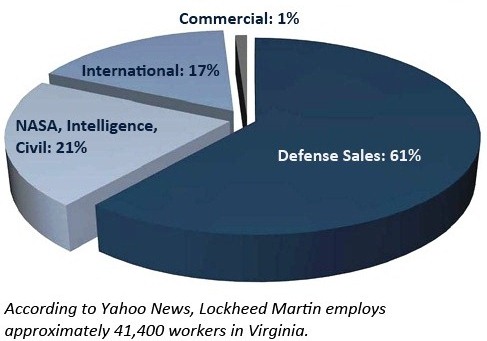Rumble in the Employment Law Jungle: Campaign 2012
by Robert A. Hull

It’s a grudge match – a political campaign versus a law whose consequences could tilt the election. Who wins? A fascinating battle ensued this past week between President Obama’s presidential campaign and the Worker Adjustment and Retraining Notification (WARN) Act.
In this corner, the WARN Act mandates that businesses of a certain size must give notice of a possible mass layoff or plant closing 60 days before such a layoff/closing (even if those businesses are not certain such layoffs will occur).
The reason? To give workers a chance to look for new employment and prepare themselves for probable job losses.
In that corner, a lean, mean presidential campaign on guard against any dramatic events which could tip the election.
Background to the WARN Act Showdown
Certain dramatic across-the-board budget cuts (i.e., ‘sequestration’), including very deep defense cuts, are set to take place January 2nd, as the result of the failure of Congress to find a solution to the budget impasse. No solution is forthcoming.
Thus, many federal contractors are facing the likelihood that they will need to lay off many thousands of employees on January 2nd. Under the WARN Act, they would need to give notice to those employees by November 2nd, right before the general election.
To make matters worse, many of these employees are located in the battleground state of Virginia. Needless to say, workers receiving layoff notices immediately prior to an election would tend not to favor the incumbent.

Political Punch, Corporate Counter-punch
The bell rings. The President’s campaign looks confident, strong. Lockheed Martin plans to issue WARN Notices before the election, in Virginia.
A sharp uppercut: The Obama campaign is stunned, just for a moment. The White House requested that Lockheed hold off on the notices. In July, the Labor Department issued guidelines saying the contractors do not have to provide WARN notices before making layoffs January 2. They anticipated this bout.
The need for layoffs is “uncertain” because Congress can come to an agreement before then. Nice combination – jab, jab, straight right. But Lockheed responds that, if they don’t give WARN notices, they’ll face liability for failure to warn or else be forced to delay layoffs, a devastating counterpunch.
The Obama campaign struggles to keep its feet. But, wait – it’s up and throws a haymaker!
The Office of Management and Budget issues a memo on September 28th saying that the government will pay for any employee compensation costs as determined by a court, as well as the litigation costs and attorney’s fees (irrespective of outcome), owed by the federal contractors for failure to give the WARN notices. WARN is down! Lockheed and other contractors agree not to issue layoff notices before the election. The campaign is victorious.
Lessons? A presidential political campaign can be a force to be reckoned with, for certain. But, if you’re a business with a possible mass layoff or plant closure and are thinking about not providing WARN notices, be forewarned. Unless you face sequestration on January 2nd, you will have to pay for all of your compensation costs, litigation costs and attorneys’ fees as a result of your failure to give such notice.
Final Word: Lockheed and all others should TAKE heed. The September 28th memo appears to only cover liabilities associated with the failure to give notice under the FEDERAL WARN Act. (Read the full White House Memo.)
Many states, such as California (but not Virginia), also have certain STATE WARN-type provisions. If mass layoffs or plant closures occur in those states, and state laws are not complied with, companies like Lockheed may still be on the hook.